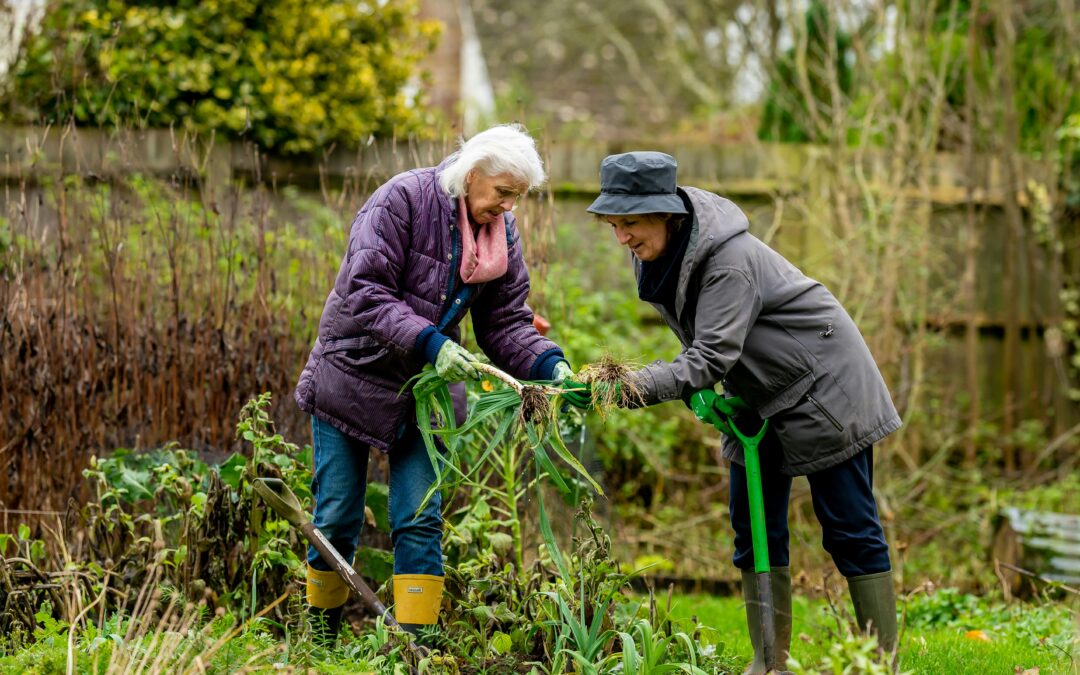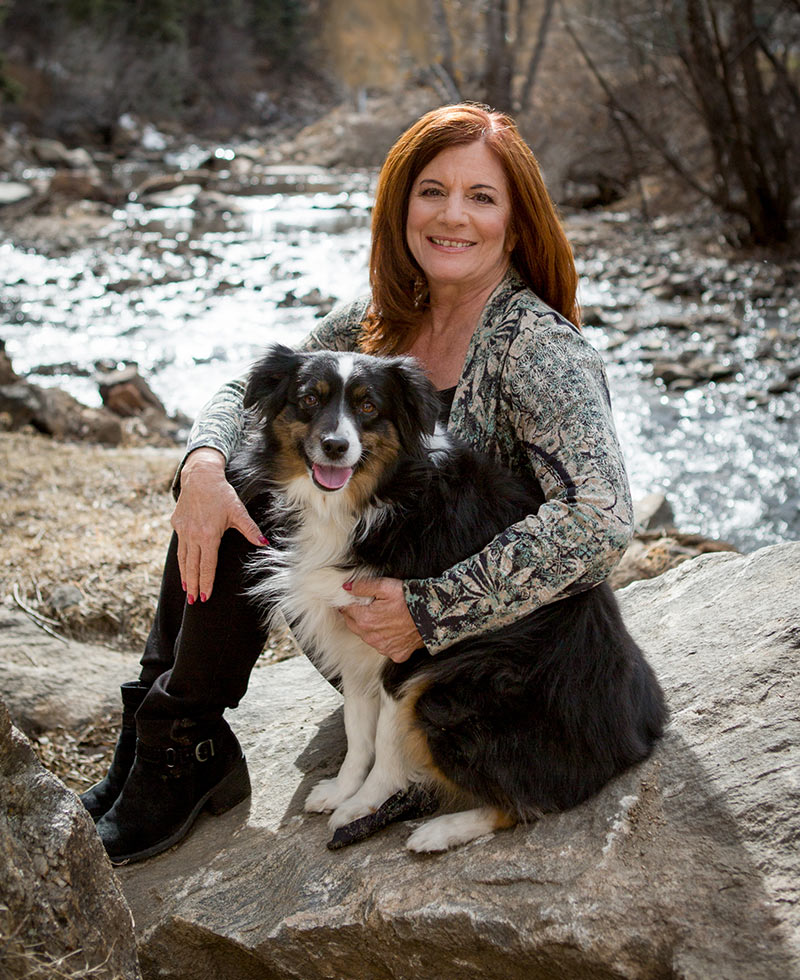Social engagement is a vital component of mental and emotional well-being, especially as we age. Staying socially active helps reduce feelings of loneliness, boosts cognitive function, and contributes to overall happiness. While maintaining independence is important, fostering meaningful connections is equally essential. Fortunately, there are many ways older adults can stay engaged with their communities while continuing to live life on their terms.
The Importance of Social Engagement
Maintaining social connections provides a range of benefits, including:
- Enhanced Mental Health – Engaging with others can reduce the risk of depression and anxiety, providing emotional support and a sense of belonging.
- Cognitive Benefits – Social interaction helps keep the brain active, reducing the risk of cognitive decline and improving memory and problem-solving skills.
- Improved Physical Health – An active social life can encourage better lifestyle habits, such as exercise and proper nutrition, while also lowering stress levels.
- Increased Longevity – Studies have shown that individuals with strong social networks tend to live longer, healthier lives.
Ways to Stay Socially Connected
There are many ways to engage with others while maintaining independence. Here are some suggestions:
- Join Clubs and Community Groups – Many communities offer clubs for various interests, such as book clubs, gardening groups, or walking clubs. These provide excellent opportunities to meet new people and stay engaged. Meet-up is still a thing!!! See what might interest you in your area… It could be coffee, book clubs, or going to the theater.
- Volunteer – Giving back to the community is a rewarding way to stay socially active. Organizations like libraries, food banks, and schools often welcome older adults who want to contribute their time and skills.
- Take a Class – Learning something new, whether it’s a language, art, or music class, fosters mental stimulation and provides social interaction in a structured setting. Check out your local community college. Some colleges also let you audit classes. Some of the best opportunities are from Osher Learning, or Ollie programs that might be near you.
- Connect Through Virtual Platforms – Technology makes it easier than ever to stay in touch with friends and family. Video calls, online discussion groups, and social media platforms allow for connection, even from a distance.
- Attend Local Events – Many communities offer free or low-cost events, such as farmers’ markets, concerts, and lectures, where individuals can socialize and participate in engaging activities.
Programs and Organizations for Older Adults
Several programs and organizations cater to the interests and needs of aging adults, helping them stay socially connected:
- Senior Centers – Many towns have senior centers that offer activities, fitness classes, and social events designed specifically for older adults.
- Lifelong Learning Institutes – These programs, often associated with universities, provide educational courses for older adults looking to continue learning and engaging with peers. (And you don’t have to take an exam!)
- Volunteer Match Programs – Websites like VolunteerMatch.org connect individuals with meaningful volunteer opportunities suited to their interests.
- Faith-Based Groups – Many religious organizations offer social and support groups tailored to older members of their community.
- Meetup Groups for Seniors – Meetup.com and similar platforms offer groups based on shared interests, allowing older adults to find local gatherings and activities. It does not have to be for seniors. I joined one that was learning to cook Italian. Another was to go to local dive bars. The sky is the limit!
Small Steps Lead to Big Connections
Staying socially active doesn’t require drastic changes. Small steps, such as calling a friend, joining a local club, or signing up for an online class, can make a significant impact. By taking advantage of available resources and opportunities, older adults can maintain their independence while fostering meaningful social connections.
Engaging with others contributes to a fulfilling and vibrant life. What steps can you take today to stay socially connected?


